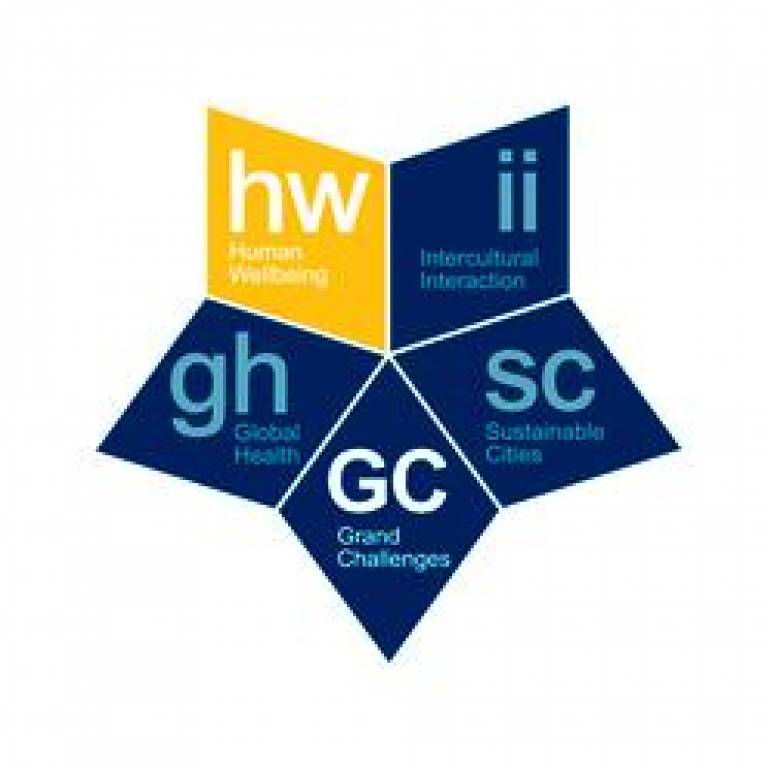UCL Town Meeting on Human Evolution
13 November 2009
Link:
 ucl.ac.uk/human-wellbeing/" target="_self">Human Wellbeing
ucl.ac.uk/human-wellbeing/" target="_self">Human WellbeingUCL staff are invited to a Town Meeting on Human Evolution, on 2 December 2009.
UCL has a long tradition of
many excellent scientists and social scientists working on human evolution -
but we are scattered across different departments and faculties.
Come and get involved in a centre where we can exchange ideas, collaborate, increase our visibility, give public lectures, generate new research initiatives and answer big questions such as:
- How do genes co-evolve with culture?
- Why has our evolutionary history left us vulnerable to disease and ill health?
- What is the evolutionary basis of altruism and trust in economic and other decision-making?
- How did palaeo-climatic change drive human evolution?
- Why do different human cultures exist, have different cultural norms and often engage in conflict, art and religion?
- What can new genetic data and bioinformatics tell us about the history of human migrations and expansions?
- How does demography influence social and cultural evolution?
- What is the evolutionary basis of the human lifecourse and what are the implications for adapting to modern lifestyles and ageing populations?
There is almost no other area that lends itself to cross-disciplinary study more than the study of human evolution. Please join our discussion about how to promote research in these areas at UCL.
This event is supported by UCL's Grand Challenge of Human Wellbeing.
PANEL TO INCLUDE
- Professor Ruth Mace (UCL Anthropology)
- Professor Stephen Shennan (UCL Institute of Archaeology)
- Dr Christophe Soligo (UCL Anthropology)
- Professor Mark Thomas (UCL Genetics, Evolution & Environment)
6.30pm, 2 December 2009
UCL Archaeology Lecture Theatre
31-34 Gordon Square, WC1
Followed by a reception
UCL Anthropology Staff Common Room
14 Taviton Street, WC1H
To register, use the link at the top of this article.
 Close
Close

